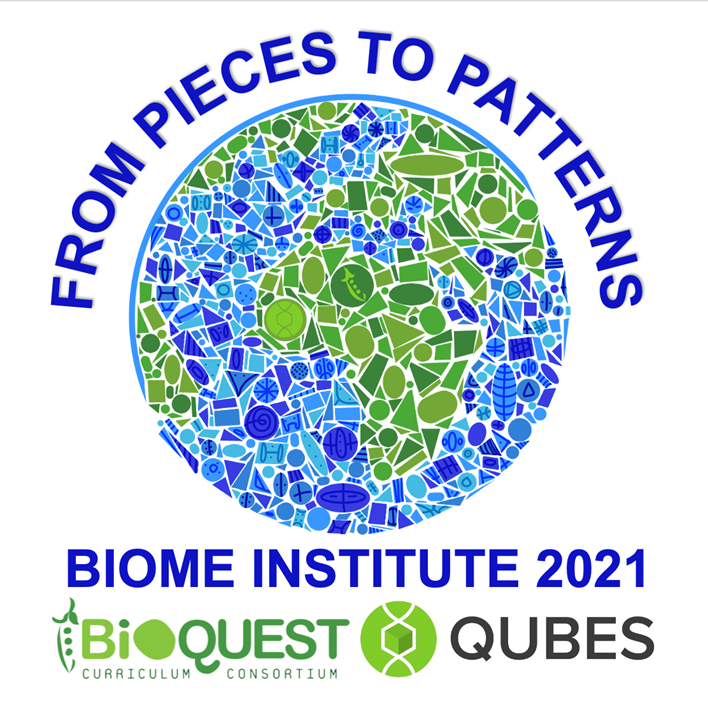Factor Structure Assessment of the Students Support Needs Scale-Augmented for African-American STEM Students
Author(s): Qingxia Li1, Thomas Gross2, Patricia Abbie McCarroll1, Catherine Hines2
1. Fisk University 2. Western Kentucky University
854 total view(s), 197 download(s)
BioQuest- 2021 - PLC.pptx(PPTX | 333 KB)
- License terms
Description
African American students experience attrition from biology majors more than other underrepresented minority groups (URM; NSF, 2019). Peer-led learning communities (PLC; Xu et al., 2018) have the potential to promote successful biology course completion. The performance pyramid is a theoretical framework to improve STEM outcomes for URM students by addressing Knowledge and Skills; Performance Capability; Rewards, Recognition, and Incentives; Tools, Environments and Processes; Expectations and Feedback; and Motivation, Values, and Self-efficacy (Wedman, 2010). The purpose is to examine the impact of a performance pyramid-based PLC on course knowledge at a Historically Black University (HBCU). We compared PLC students to control group students on pre-post (a) biology course knowledge; (b) college algebra course knowledge; and (c) perceived performance pyramid supports. An ANCOVA indicated that the LC and mathematics control students performed similarly on a measure of algebra course knowledge. Group differences from a multivariate analysis of covariance on perceived performance pyramid supports were mostly statistically non-significant. Overall, the LC increased biology and math course performance.
Cite this work
Researchers should cite this work as follows:
- Li, Q., Gross, T., McCarroll, P. A., Hines, C. (2021). Factor Structure Assessment of the Students Support Needs Scale-Augmented for African-American STEM Students. 2021 Biology and Mathematics Educators (BIOME) Institute, QUBES Educational Resources. doi:10.25334/1KJM-2Q46
